UPSC Preparation Unveiled: Winning Strategies for IAS Aspirants
Comprehensive Strategies and Tips for Cracking the UPSC IAS Examination
Starting the UPSC can be the most crucial and challenging point in the life of young men and women who want to become civil servants. The promising prospect of becoming an IAS officer through the civil services test has been high up there but at the same time, it is one of the most difficult tests.
Given that the UPSC syllabus encompasses a wide range of topics and the civil services exam is said to be one of the trickiest exams one may encounter in one’s lifetime, UPSC preparation techniques become significant. It is a difficult endeavor for a candidate to pass through the prelim and main examinations followed by the interview to gain UPSC successfully.
This particular article presents strategies that reveal the winning tactics for the IAS exam to showcase the need for inclusive and comprehensive UPSC preparation. From explaining the stages of the civil service exam to demystifying it by peeling layers upon layers of information related to the process, it explains how structuring a strong foundation with the UPSC syllabus is the foundation of the endeavor. Subsequent chapters talk about strategies on the best approaches to studying, a pretest and post-test, staying consistent, and how to keep motivated along the way.
Understanding the UPSC Exam Pattern
Prelims
The first part of the UPSC Civil Services Examination is the Preliminary Examination which is known colloquially as Prelims. This stage is based on a screening test and is very important because you are considered qualified for Mains.
It consists of two papers: English is used in General Studies Paper 1 and the Civil Services Aptitude Test (CSAT) or GS Paper 2. Both papers are formally structured as follows – they are given as multiple-choice questions and are delivered simultaneously.
General Studies Paper 1: The questionnaire presented in this paper is designed to check one’s knowledge in areas like History, Geography, and Polity. It has 100 questions; each is worth 2 points totaling 200.
CSAT (Paper 2): Subjected to the test of your understanding of logical judgment and analysis, the paper consists of 80 questions and 200 marks total. However, the reader should note that this paper has qualifying criteria in that the student has to score a 33% pass mark.
The negative marking makes the two papers to be precise in their recording. Each incorrect choice earns – 1/3 of the number of points assigned for that question.
Mains
Upon successfully qualifying in the Prelims, you advance to the Mains Examination, which is markedly different in structure and depth.
The Mains consist of nine papers, conducted over five to seven days. This stage is designed to assess your in-depth knowledge and your ability to present coherent arguments in a descriptive format. The papers include:
Compulsory Papers: Language Paper A and Language Paper B which are pass papers. All the papers are 300 marks each.
Essay and General Studies Papers: Paper I is an Essay paper; then comes General Studies papers II to V: each of 250 marks.
Optional Subjects: You will take one optional subject and there will be 2 papers for that (Paper-VI and Paper-VII – 250 marks each).
The total marks for Mains are 1750. This phase is very significant because these marks are useful in the final ranking.
Interview
The last stage in the UPSC Examination is the Personality Test also known as the Interview. After clearing the mains, you will be called for this round, which has a maximum of 275 marks. This stage is not just a checkup on your knowledge but a test of your mental alertness, balance of judgment, and moral integrity.
The Interview is conducted in a panel form by a set of experts and is also essential as the final merit list is generated based on the combined merit of the Mains and the Interview.
It will be very helpful to understand and prepare as per the separate stages of the UPSC exam pattern as it becomes easier to plan studies and demarcate the steps towards achieving success in one of the most difficult exams in India.
Building a Strong Knowledge Base
Building a robust knowledge base is paramount for excelling in the UPSC Civil Services Examination. This foundation is primarily established through a systematic study of NCERT books, supplemented by advanced reference materials for deeper insights into various subjects.
Here, we explore the significance of these resources in your preparation journey.
Importance of NCERT Books
NCERT books are widely used as the highest recommended books for their covering of the syllabus and being able to explain the complex content in simple language. All these books starting from class 6 to class 12 are important books for mastering subjects like History, Geography, Political and Economics.
- Foundation for All Subjects: The syllabus of the UPSC exams does not include some of the basic principles explained by the NCERT books when covering other areas.
- Designed by Experts: They are printed based on subject matter experts’ guidance to better update the information.
- Direct Questions in Exams: A large number of UPSC questions are covered in the NCERT textbooks and thus reveal their significance.
- Easy Language and Structured Information: The NCERT textbooks are straightforward and systematic can be used as the basis for getting started and are easy to revise for examinations.
Advanced UPSC Preparation Books
After mastering the basics from NCERT books, it's crucial to delve deeper into each subject with advanced books. These references provide in-depth knowledge and diverse perspectives, essential for tackling the complex questions of the UPSC exams.
- Reference Books for In-depth Study: Other books such as ‘Indian Polity’ by M. Laxmikanth and ‘Modern Indian History’ by Bipan Chandra provide more specialized knowledge that helps further refine knowledge and analytical abilities.
- Integration with Coaching Materials: Books constitute the main source of preparation followed by coaching notes and other sources of information that give more practice to the students on topics and patterns of the exam.
- Regular Revision and Practice: NCERT textbooks should then be supplemented by advanced books and revision of the textbooks to prepare a perfect syllabus.
Adding these resources to your UPSC syllabus will help you create a full-fledged knowledge base that will help you from Prelims to Mains and through the Interview.
Effective Study Techniques
Daily Newspaper Reading
Newspaper reading is crucial for English to achieve excellence in UPSC preparation. It will help you to get a deep insight into the general topics associated with current events, which is helpful for both the Prelims and Mains of the exam. Next newspapers like The Hindu are offering wide coverage of national and international events, their policy shifts, and important socio-economic events and trends.
Focus on Issues, Not Just News: If you read a post about any event focus on issues not the cuteness of the post.
Categorize Information: Classify news in areas such as politics, under the subjects of International Relations, Government Policies, and so forth. This method aids in the remembering of important details and systematic reviewing.
Editorial Insights: It is highly advisable to read the editorials and writings which express opinions. They also hone your critical abilities and offer you to find several ways to address one question, which is needed for writing balanced questions in the main examination.
Enhance Comprehension and Speed: Reading frequently enhances the reading pace and also the understanding capabilities which are useful for the hefty reading that an aspirant has to do for UPSC exams.
Integration with Syllabus: Related Topic Structure UPSC syllabus. This assignment will help you keep better track of what you are doing to improve your exam preparedness and make it syllabus-specific.
Notes Making
Effective note-making is a skill that significantly enhances your UPSC exam preparation. It helps in quick revisions and ensures that you grasp and retain the core concepts.
Choose Your Style: Whether you prefer linear notes or mind maps, select a note-taking style that complements your learning preference. This customization makes the study process more effective and enjoyable.
Focus on Core Concepts: Instead of noting down every detail, concentrate on the essential facts, theories, and definitions. Use abbreviations and symbols to keep the notes concise.
Integrate Current Affairs: Both should review the notes on a daily and/or weekly basis and add to them in the case of new information related to the syllabus.
Revision-Friendly Format: Use bullet points; create your notes with headings and sub-headings. Help the students to copy and underline important keywords and phrases so that revision can be done quickly and effectively.
Visual Aids: Incorporate diagrams, flowcharts, and tables in your notes, especially for subjects like Geography and Polity, to illustrate complex information clearly and memorably.
Practice with MCQs and Test Series
Familiarization with Exam Pattern: Practice papers give an overview of the exam, the types of questions you should expect, and the degree of difficulty.
Time Management: Time limitation in the tests helps the student to manage time during the examination. This is vital especially when all questions are to be finished on time and get the right answers.
Identify Strengths and Weaknesses: Tests are important because they let you know your strengths and areas where you might need improvement. This knowledge allows you to concentrate on practice for the poorly developed parts of the essay while strengthening the good arguments.
Reduction of Exam Stress: Certain benefits are associated with the practice test; practicing for the exam is good because it reduces anxiety and increases your confidence when in the examination room.
Immediate Feedback: Post-test series usually give in-depth reviews of your performance. Such feedback is quite useful in the case of identifying the discrepancy in a study plan and working on how to enhance the overall preparation strategy.
These study techniques are great time savers and if adopted as an integral part of UPSC preparations, then they go a long way in increasing the chances of success in the Civil Services Examination.
Maintaining Consistency and Motivation
Setting a Preparation Plan
To maintain consistency in your UPSC preparation, creating a well-structured study timetable is crucial. This timetable should empower you to manage your time effectively, maintain a balanced approach to subjects, and stay organized throughout your preparation journey.
It's essential to remember that a study timetable is a tool that works best when combined with dedication, hard work, and a positive attitude. With a comprehensive and realistic study plan in place, you'll be well on your way to conquering the challenges of the UPSC exam and achieving your desired results.
Regular Revision
Regular revision is a cornerstone of successful UPSC preparation. It is advised to incorporate revision into the entire duration of your preparation, not just the month before exams. Try to revise whatever you have read on the weekends to multiply your chances of selection. Effective revision strategies include:
Daily Revision: Divide your revision into two stages—morning and late night. In the morning, quickly revise all the subjects, chapters, and topics studied the previous day before moving on to new material. Before sleeping, revise all the points studied throughout the day.
Weekly Revision: Keep the subjects small and cover them every Sunday for all the topics that have been for all the chapters and subjects that have been learned throughout the week.
Monthly Revision: After you have finished each class, at the end of the given month, you should go through the topics and chapters you have covered daily and weekly for a review. This enables them to remember as they were learning it and this will increase the rate of retention that is long-term.
Focusing on Current Affairs
Staying updated with current affairs is imperative for the UPSC exam. Regular engagement with reputable newspapers like The Hindu or The Indian Express and following online platforms like PIB ensures you are well-prepared for both the Prelims and Mains. Here are some strategies to effectively manage this part of your preparation:
Daily Updates: Make it a habit to read daily newspapers and watch editorial videos or follow daily updates from established IAS coaching resources. Attempt daily MCQ quizzes to test your knowledge.
Note-Making: Develop the habit of making concise notes from your daily readings. This helps in retaining important information over long periods and makes revision more manageable.
Monthly Reviews: In addition to daily updates, read monthly magazines like Yojana or Kurukshetra to cover topics not addressed daily. These sources provide in-depth analysis and enhance your understanding of complex issues.
These constructs enable you to sustain motivation and consistency through the UPSC preparation process and have a positive effect on the success rate pursuit.
Conclusion
Hence, the process of career to become an IAS officer through the UPSC Civil Services Examination requires planning and perseverance in nature. Due to the large coverage and richness of information in the syllabus, the candidates are advised to start using the NCERT books as basic and gradually proceed to upper-level texts to get into more details. Daily newspaper reading, note-making, and practicing MCQs and test series from the syllabus are very important and efficient methods that would help in mastering the syllabus and exam pattern.
To enhance consistency and motivation, preparation should be well outlined, there should be revision and focus on current events. The applicant can apply the following strategies and effectively avoid the complicated stages of Prelims, Mains, and Interviews while striving for success in one of the most difficult examinations in India. Having dedicated time and effort and the reception of proper guidance and knowledge the dream of becoming a civil servant becomes a reality and results in a fruitful profession in the public sector.
For the rest of the details, head over to our website Skoodos Bridge for inquiries and information about coaching institutes, including fee structures, details, and more.
Categories
Archives
Similar Posts

How to Crack CAT Exam in First Attempt: Proven Strategies
by Skoodos Bridge


Is CLAT Coaching worth the Investment for your Success?
by Skoodos Bridge
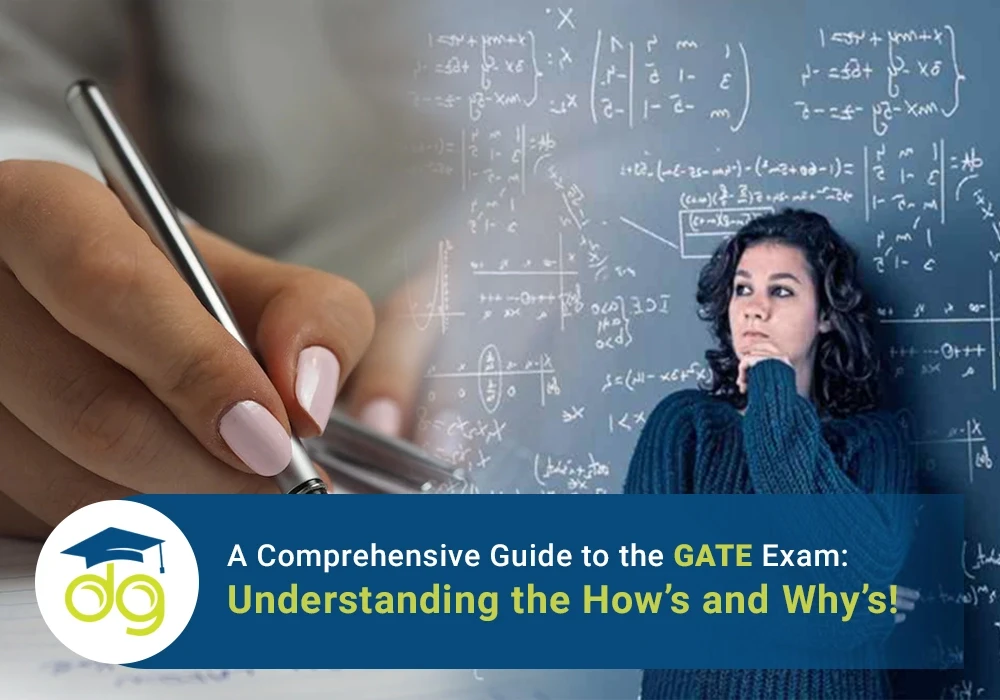
A Comprehensive Guide to the GATE Exam: Understanding the How’s and Why’s!
by Skoodos Bridge
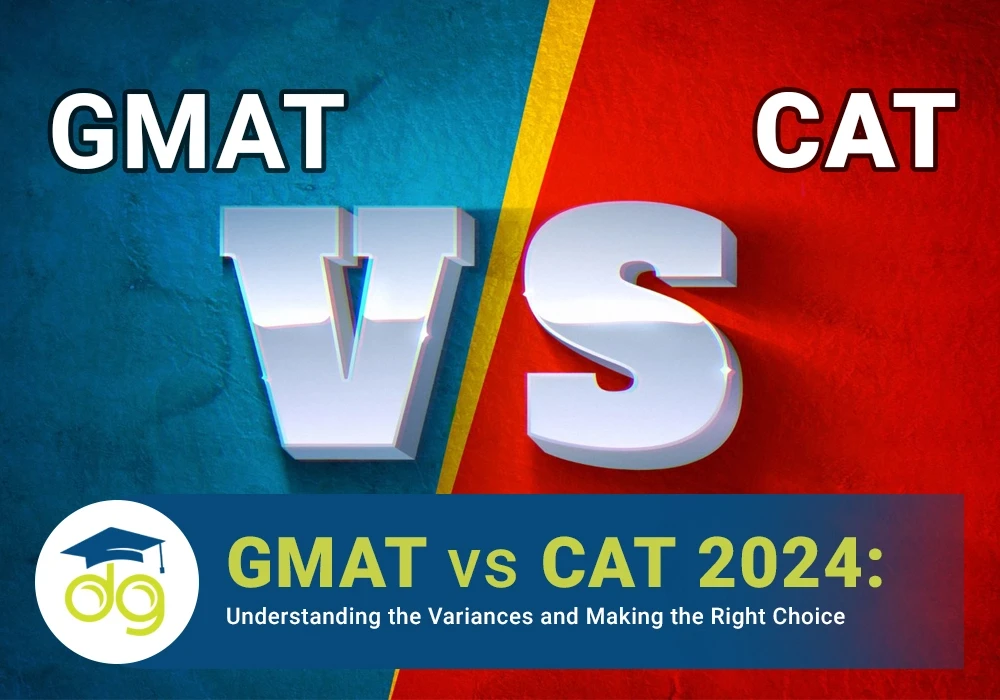
GMAT Vs CAT 2024: Understanding the Variances and Making the Right Choice
by Skoodos Bridge

NATA Exam 2025 Guide: Benefits and Career Prospects for Aspiring Architects
by Skoodos Bridge
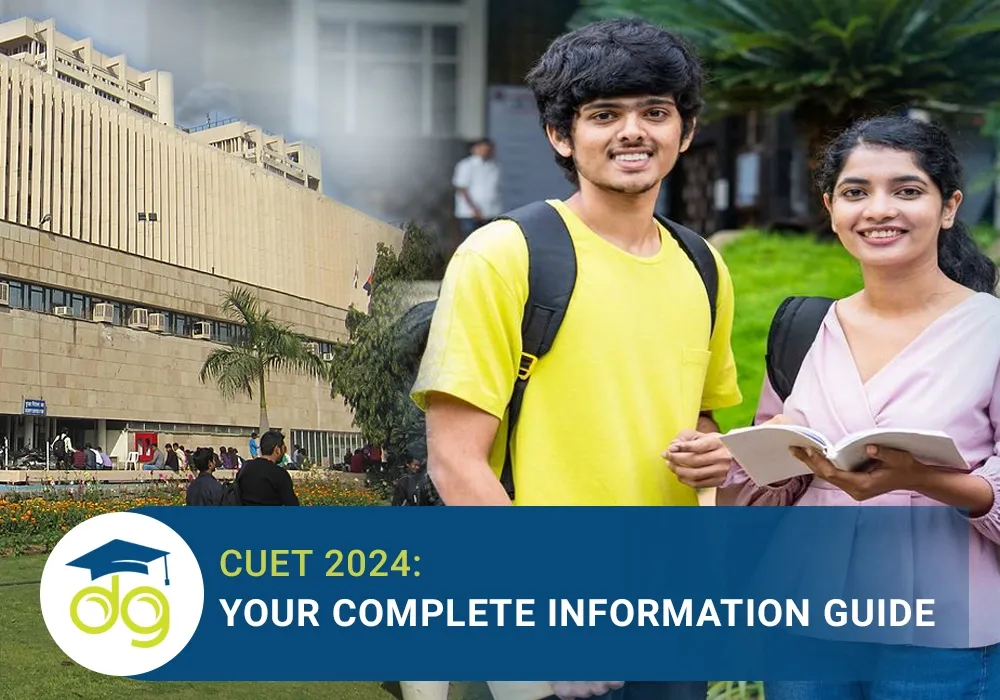
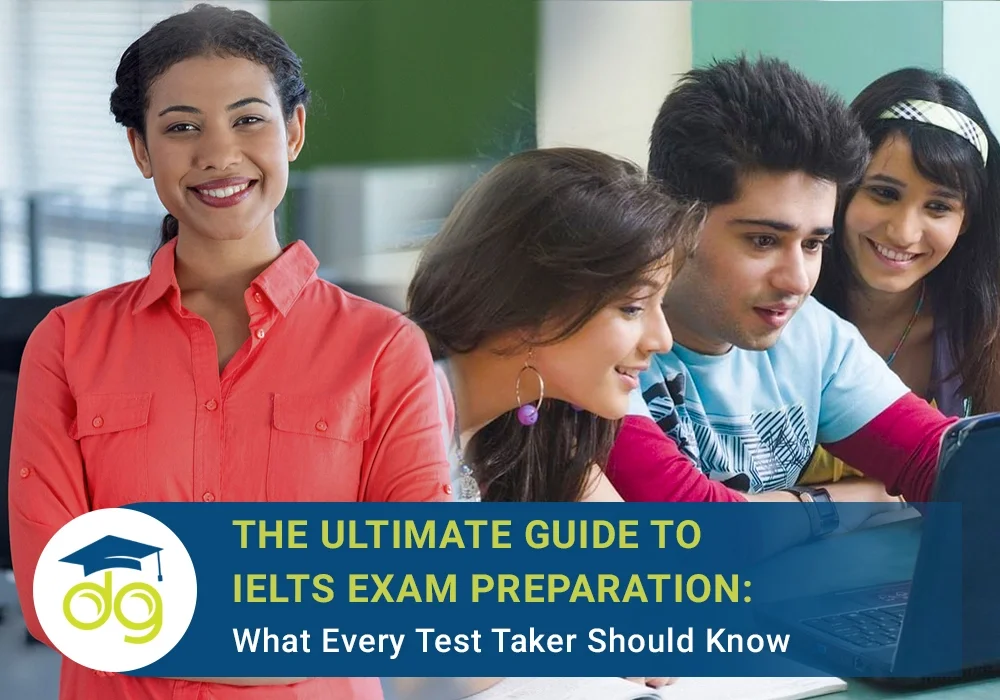
The Guide to IELTS Exam Preparation: What Every Test Taker Should Know
by Skoodos Bridge

Want to Become a Chartered Accountant in India: 5 compelling reasons to make the leap!
by Skoodos Bridge
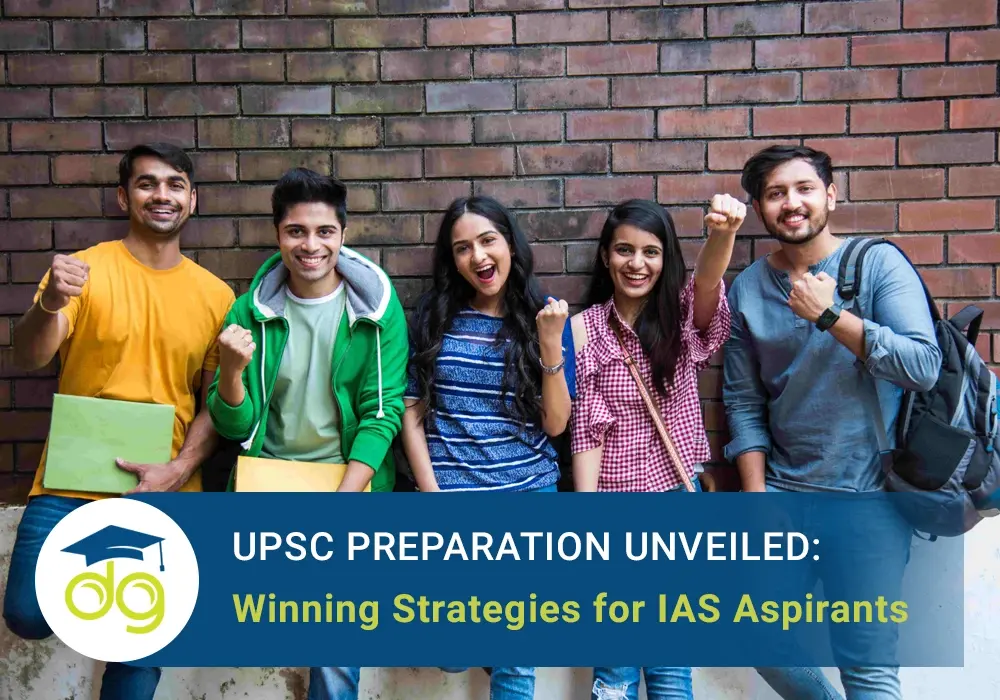

Leave a Comment